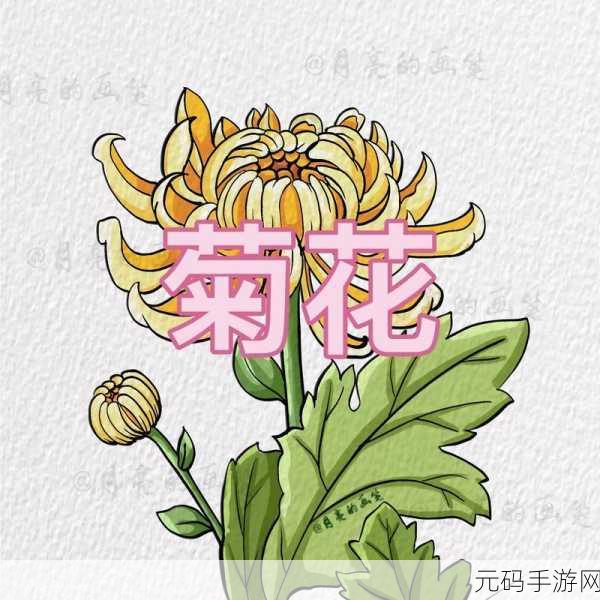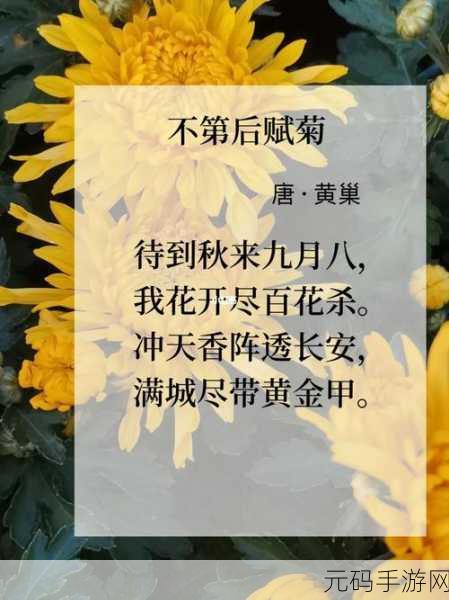答错一题,菊花放一支笔的深刻寓意
最近,一句“答错一题,菊花放一支笔”引起了不少年轻人的关注。这句话源自一些网络游戏和社交平台,在这种轻松幽默的氛围中,却传递出了一些值得反思的信息。它不仅是打趣,也可以看作对当代教育方式的一种调侃。
学习与压力并存
现代社会竞争激烈,无论是在学业还是职场上,大家都面临着巨大的压力。在这股风潮下,不少人将成功定义为绝对的成绩优异,而忽略了过程中的心理健康与个体差异。“答错一题”的背后,是每个人在知识掌握上的不同步,这并不意味着失败或无能,而是成长过程中必经之路。用“菊花放一支笔”的说法来形容,其实是一种玩笑,但也隐含着面对错误时所需具备的豁达态度。

如何正确应对错误
错误本身不是问题,关键在于我们如何看待这些错误。当遭遇挫折时,有的人选择逃避,有的人则会通过总结提高自己。因此,对于学生而言,更重要的是培养一种积极向上的心态,将每一次失误视为进步的机会。从这个角度来看,“菊花放一支笔”更像是一种鼓励,让人们明白犯错也是学习的重要组成部分。
好奇心与求知欲驱动学习
保持好奇心属于终生受益的能力。

A类学科如数学、科学等往往需要严谨和逻辑,而艺术、人文学科则强调创造力和表达。这两者之间没有高低之分,可以相辅相成。不妨尝试从其他领域寻找灵感,以此激发自己的创新意识。例如,通过绘画理解化学结构,用音乐提升语言节奏感,这样能够让复杂枯燥的问题变得更有趣味性,从而增强自身对各门课程内容探究及应用能力。同时,当发现答案不理想的时候,相信过程才是最重要的一环,会让人在未来回头看到更多可能性。
建立良好的复习习惯
Learners who regularly review and revisit materials tend to perform better in tests. A structured approach can help reinforce knowledge, making it easier to recall information during exams. Instead of cramming the night before a test, creating a study schedule that allows for gradual learning can significantly reduce anxiety levels. By embracing mistakes as part of this journey, students cultivate resilience and adaptability—key traits needed not only academically but also in real-world situations.
文化因素影响认知
- The cultural attitudes towards education vary greatly around the world; some cultures may stigmatize failure while others celebrate it as an essential step toward success.
- This divergence often reflects how individuals perceive their own abilities and potential growth trajectory.”The more we share these experiences with one another across different backgrounds,”a psychologist might say,"the richer our understanding will become." )



